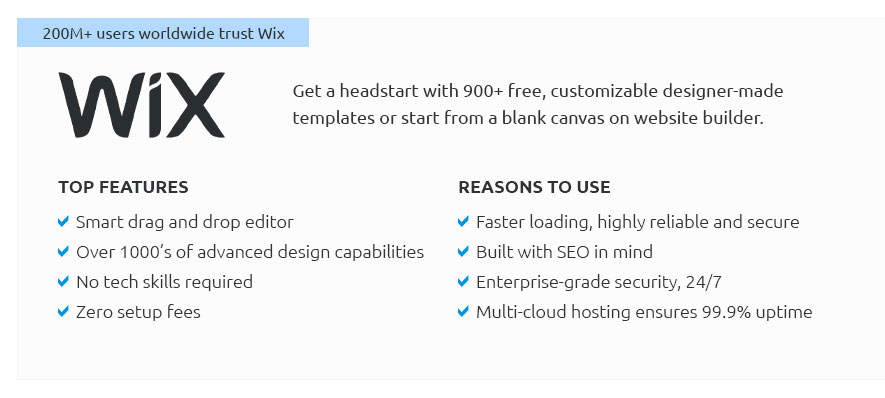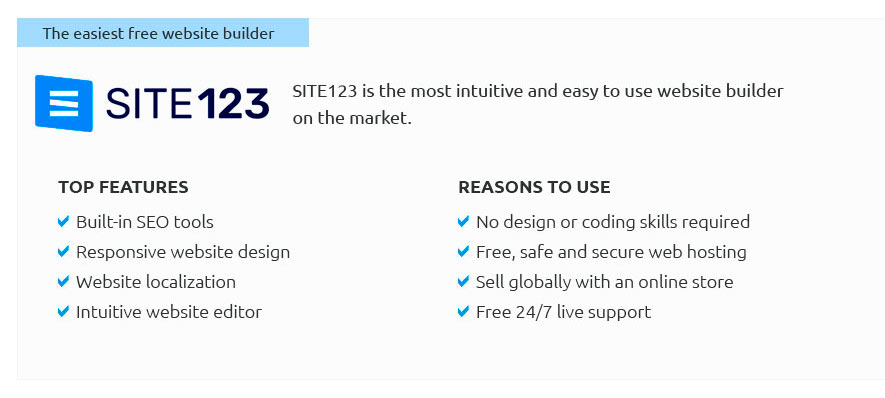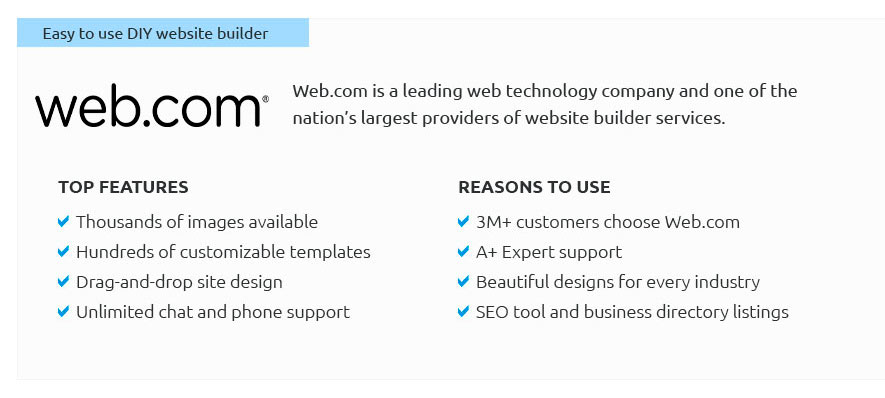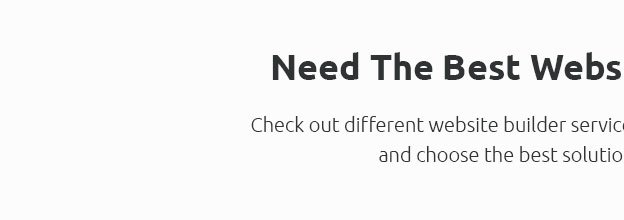 |
 |
 |
 |
|
 |
 |
 |
|
 |
|
 |
 |
|
 |
|
 |
|
 |
 |
Understanding the Essentials of a Startup Website BuilderIn the dynamic world of startups, where innovation meets ambition, a robust online presence is not merely an advantage but a necessity. For entrepreneurs embarking on this exhilarating journey, choosing the right website builder can be a pivotal decision. The choice is critical because a website serves as the digital face of the company, embodying its brand ethos, values, and mission. But with the myriad of options available today, what should one consider when selecting a startup website builder? Firstly, user-friendliness is paramount. Most startup founders may not possess advanced technical skills, and hiring a full-time developer might not be feasible in the early stages. Hence, a builder with an intuitive interface, easy drag-and-drop features, and customizable templates is ideal. These tools empower founders to craft their websites without delving into the complexities of coding, thus saving both time and resources. Secondly, consider the flexibility and scalability of the platform. Startups are known for their rapid growth and ever-evolving needs. A website builder should not only cater to current requirements but also adapt to future demands. This includes offering a range of plugins and third-party integrations, which allow for functionalities such as e-commerce capabilities, email marketing, and analytics. These features are crucial as they enable startups to scale their operations efficiently. Another essential factor is cost-effectiveness. While some platforms offer free plans, they often come with limitations that might hinder a startup's growth. It is wise to evaluate the pricing structures and what each tier offers. Opting for a platform that provides a balance between affordability and features can ensure that financial resources are allocated prudently.
Moreover, customer support plays a significant role in the decision-making process. Startups often operate with lean teams, and having access to a responsive support system can be invaluable. Whether it's through live chat, email, or phone support, knowing that help is available when needed can provide peace of mind to founders focusing on other critical aspects of their business. Lastly, one should not overlook the aesthetic potential of the builder. The design and layout of a website can significantly impact user experience and perception. A platform that offers a wide array of templates and design flexibility allows startups to create a unique and engaging online presence that resonates with their target audience. In conclusion, selecting the right startup website builder requires careful consideration of various factors. From user-friendliness and scalability to cost-effectiveness and design capabilities, each element plays a crucial role in establishing a compelling digital presence. While personal preferences and specific business needs will ultimately guide the decision, understanding these key aspects can provide a solid foundation for making an informed choice. The right website builder not only aids in creating an effective online platform but also contributes significantly to a startup's success in the competitive digital landscape. https://unicornplatform.com/
Easy to use AI-powered, drag-and-drop website, SAAS landing, directory, and blog builder for startups, mobile apps, and SaaS. 100% no code, no design skills ... https://10web.io/ai-website-builder/startup/
1.5M+ websites created with 10Web AI. ... Share your vision, and AI will ... https://www.reddit.com/r/startup/comments/12rkrmm/what_website_builder_are_you_using_for_your/
I built my website with hugo, but I wanna to change, since it is not easy to be maintained. I wanna switch to wordpress, webflow, squarespace etc. Do you have ...
|